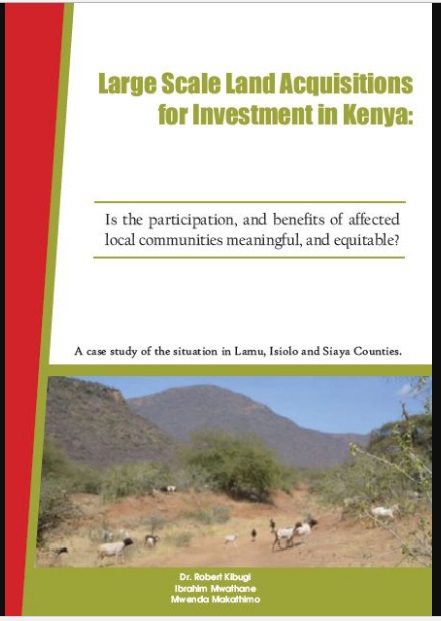SWOT analysis of land consolidation projects in western Lithuania
The aim of this article is to distinguish strengths and weaknesses of land consolidation process, as well as to find out the opportunities of this process, and the threats which prevent the successful development of land consolidation process. With the purpose to achieve the goal, the SWOT analysis of five land consolidation projects in western Lithuania was carried out.





